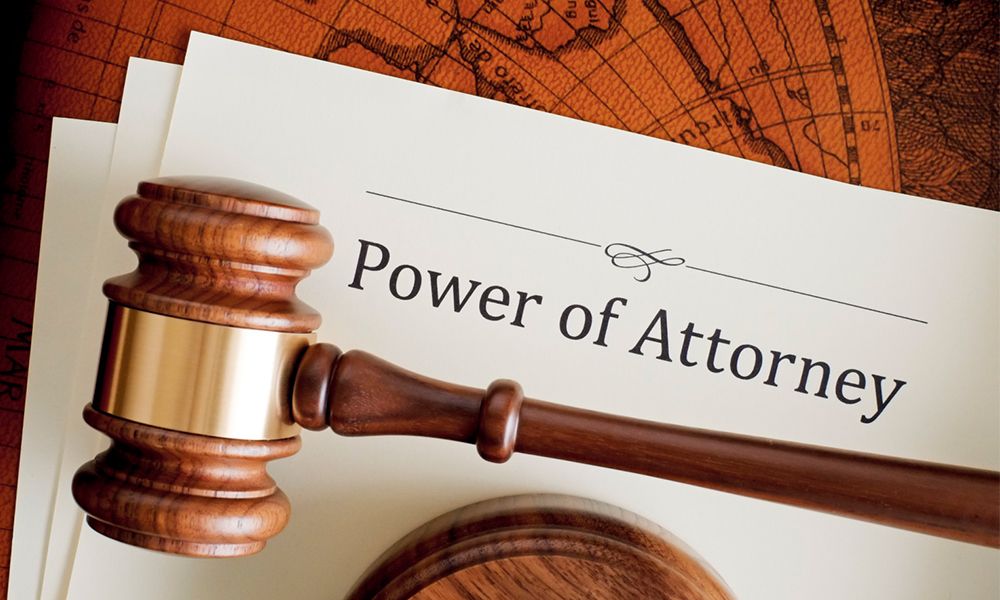
As we age, it is important to think about planning for the future and making arrangements for our finances and personal welfare in case we become unable to make decisions for ourselves. One way to do this is by setting up a Lasting Power of Attorney (LPA).
What is a Lasting Power of Attorney?
A Lasting Power of Attorney (LPA) is a legal document that allows you to appoint someone to make decisions on your behalf if you become unable to do so yourself. There are two types of LPA: one for financial affairs and one for health and welfare.
A financial LPA allows your attorney to manage your finances, such as paying bills, managing investments, and selling property, while a health and welfare LPA allows your attorney to make decisions about your healthcare and personal welfare.
Why is a Lasting Power of Attorney Important?
A Lasting Power of Attorney is important because it ensures that your wishes are respected and your affairs are managed according to your wishes, even if you become unable to make decisions for yourself.
Without an LPA certification, your loved ones may have to go through a complex and time-consuming process to get legal authority to make decisions on your behalf. This can be particularly difficult if you are incapacitated or have a progressive condition such as dementia.
Setting Up a Lasting Power of Attorney
Setting up a LPA certification is a relatively straightforward process, but it is important to get professional advice to ensure that your wishes are properly documented and legally binding. Here are the steps involved in setting up an LPA:
Choose your attorney
The first step in setting up an LPA is to choose your attorney. Your attorney should be someone you trust and who understands your wishes and values.
Choose your LPA type
You will need to decide whether you want to set up a financial LPA, a health and welfare LPA, or both. If you are unsure about which type of LPA to set up, it is important to get professional advice.
Complete the LPA form
You will need to complete the form and sign it in the presence of a witness. You can choose to appoint more than one attorney, and you can also appoint replacement attorneys in case your original attorney is unable to act.
Register your LPA
Once your LPA is complete, you will need to register it. Often, there is a fee for registering an LPA, but you may be eligible for a fee waiver or reduction if you have a low income or receive certain benefits.
Notify your attorney
Once your LPA is registered, it is important to notify your attorney and give them a copy of the LPA. You should also discuss your wishes and values with your attorney and make sure they understand your preferences and priorities.
Conclusion
A Lasting Power of Attorney is an important tool for planning for the future and ensuring that your wishes are respected if you become unable to make decisions for yourself. By appointing a trusted attorney and setting up an LPA, you can have peace of mind that your affairs will be managed according to your wishes.
It is important to get professional advice and follow the proper legal procedures to ensure that your LPA is legally binding and properly documented. With careful planning and preparation, you can ensure that you and your loved ones are prepared for whatever the future may hold.





